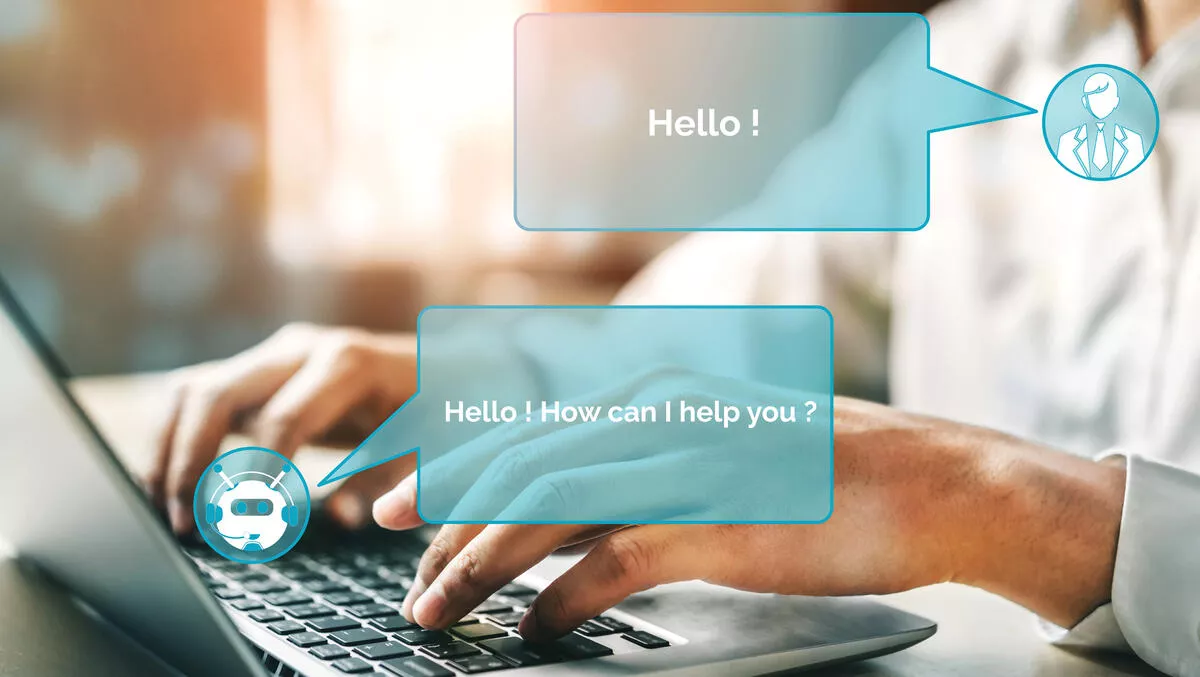Tidio surveyed over 1000 people to find out why some chatbots succeed while others don't.
The survey presented participants with two types of chatbots. One type only gave robotic answers, while the other type had personality and seemed more human-like.
According to Accenture research on conversational AI platforms, 57% of businesses agree chatbots deliver a significant return on investment with minimal effort. A study by Juniper Research found companies can save up to $0.70 per customer chatbot interaction.
Tidio found that consumer's most common use of chatbots is to solve simple queries (52%), test the chatbot's skills at answering silly questions (18%), and avoid the stress involved in speaking with a human agent (12%).
The survey observed that if the chatbot interaction goes smoothly, 73% of consumers are likely to convert, and a brand's positive perception is influenced by how chatbots reply to unrelated questions. It found 53% of consumers build positive associations around brands whose bots use quick-witted comebacks, and robotic replies positively influence only 38% of consumers.
Tidio says chatbots provide bug-free and efficient performances, they will generally serve their primary purpose. It says giving a chatbot a unique personality turns a neutral, functional interaction into a positive, memorable brand experience.
"People are inclined to use chatbots with human-like characteristics more often," says Tidio.
"Companies can hone chatbot's personalities to engage users more and generate revenue. The best way to leverage a chatbot's personality is through properly introducing your bot and allowing it to engage in small talk.
The company says bots equipped with conscientious and agreeable characteristics make users feel seen and important.
The study also looked into the concept of using brand mascots as chatbot personalities. It found 91% of respondents liked the idea. And as 7% say they don't use chatbots and 35% used them only a few times, it shows a strong willingness to engage with made up bot characters.
The survey found that before the start of the conversation, 74% of consumers want the chatbot to introduce itself, and 77% of consumers want to know what the chatbot can help them with.
About 47% of respondents closed a chat window after a bot gave them two repetitive answers. That number drops to 28% if a bot attempts to clarify the issue.
The survey was conducted by 1002 respondents using Amazon's Mechanical Turk and Reddit. The respondents were 54% males, 45.7% females, and 0.3% declaring as non-binary. Over half of the participants were aged 25 to 40, 26% were aged 41 to 56, 7% were aged 18 to 24, 6% were aged 67 to 65, and 4% were aged over 65.



